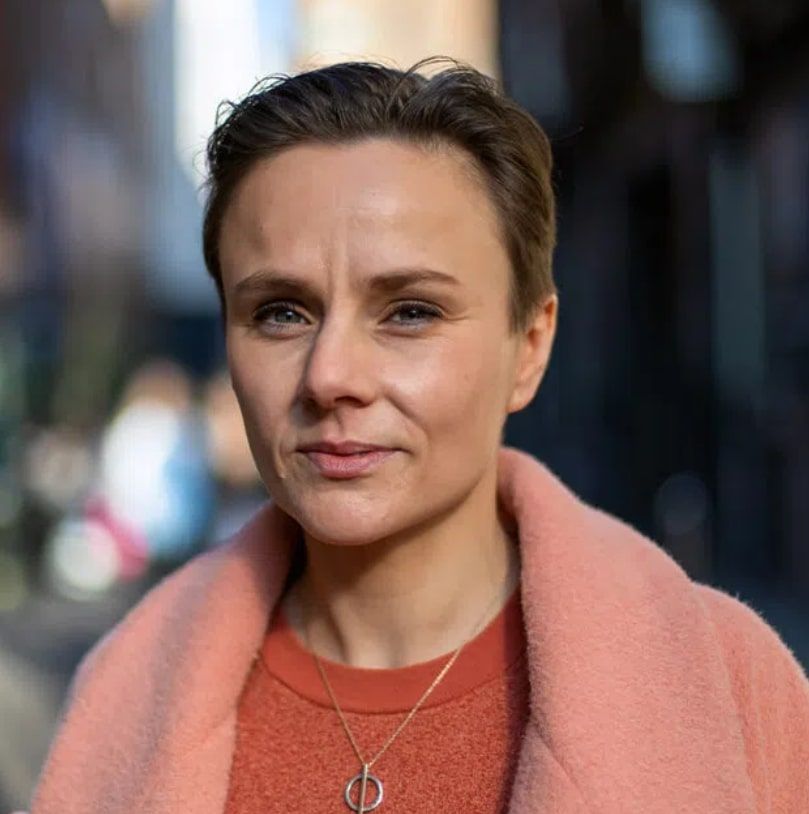
“They understand that ‘gut in throat’ moment”: how peer support for a life-changing diagnosis helps people get the right information and make health decisions
Usha Grieve
- Person-centred care
For a long time the people Compassion in Dying support have told us that accessing information, making treatment decisions, and navigating healthcare pathways is challenging, for lots of different reasons. Undoubtedly this is not news to anyone.
In response to this, we set up the Peer Navigator service in 2021 to find out if peer support could help people with a serious or terminal diagnosis overcome these challenges.
How peer support builds trust
We found that a peer – someone who has walked in similar shoes to you – can help people to address multiple issues related to their health and wellbeing in a way that professionals cannot.
- Preparing for appointments: many people were waiting for a first consultant appointment following a diagnosis. Most had not considered that this appointment was something they could prepare for, let alone how they could prepare for it.
- Levelling a power imbalance: people told us that the difference in levels of knowledge and confidence created a power imbalance between them and their doctor. This power imbalance caused unintentional harm as, because of it, people struggled to ask questions, understand their options and make decisions.
- Increasing confidence: people told us that being able to speak with someone who experienced something similar built confidence and trust. It helped them feel at ease and meant they were more able to accept support.
- Feeling truly understood: the shared experience was especially important for people who had a new diagnosis. Talking to a peer made them feel validated and relieved not to have to explain themselves, especially in relation to the psychological and emotional impacts of receiving a serious diagnosis.
She’d experienced that ‘gut in throat’ moment, you know, and that felt good because I was able to talk on a level with someone who had some understanding.
Preparing for appointments
Much of the support the peer navigator gave focused on helping people to prepare for appointments and knowing the right questions to ask. She discussed what people knew about their condition, what their priorities and fears were, and explored what they wanted to gain from the appointment. She would often rehearse with them their most important questions, to help them find the right words and feel confident.
When you see an oncologist, he really knows the score, seen hundreds of cases before, and you are on your own, so having some ideas of what to ask him is very powerful. It was one of the reasons we came out of that meeting [with the consultant] feeling so positive.
Being more prepared also meant people were less likely to use a follow-up appointment to ask unanswered questions from previous appointments, allowing them to make better use of time with their clinicians.
Improving physical and emotional wellbeing
People who received peer support felt more confident, better informed, less anxious and less alone. They were more able to come to terms with their diagnosis, ask questions in appointments and make decisions about their treatment. Ultimately any decisions were more likely to align with their personal goals.
People were also more likely to try recommended self-management techniques once they had discussed it with a peer.
Commissioning future services
This pilot project has demonstrated a clear and urgent need to invest in support to enable people with a serious diagnosis to prepare for appointments and make decisions. Clear information on how to prepare, with the additional option of peer support for those who need it, would help to achieve this.
In addition, more research is needed on power imbalances between doctors and people if we are to make shared decision-making possible and meaningful for everyone.
Read the Full report on Compassion in Dying’s project – Peer support, power and personalisation
Thanks to Positively UK for their insight and training when we were setting up the service and helping the whole organisation embed the principles of peer support.
Biography
Usha Grieve is Director of Partnerships and Services at Compassion in Dying, and works to ensure the voices and experiences of the people they support are understood, heard and acted upon. Her background is in end-of-life domiciliary care and she has a particular interest in ways to put the theory of person-centred care into practice.